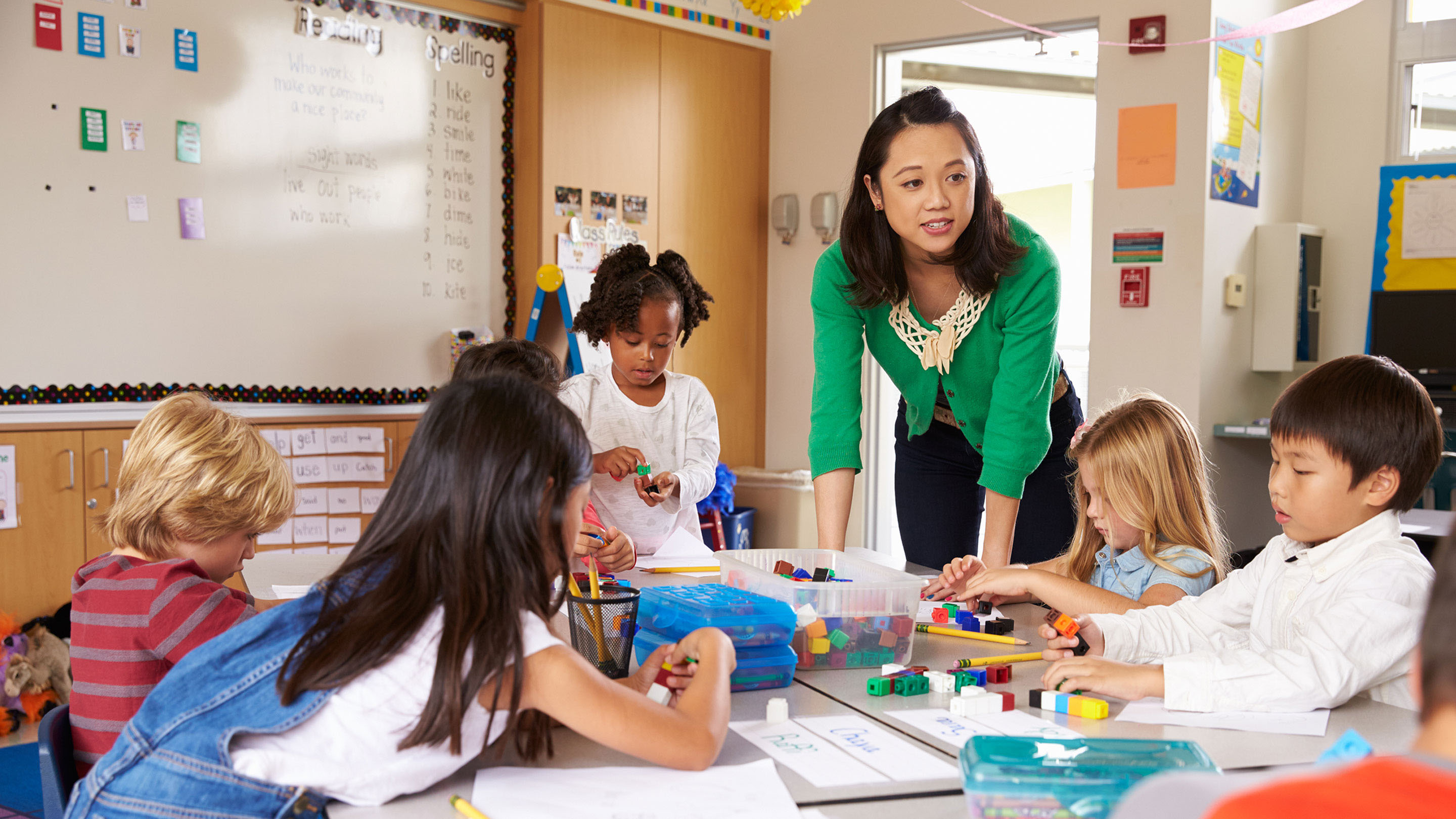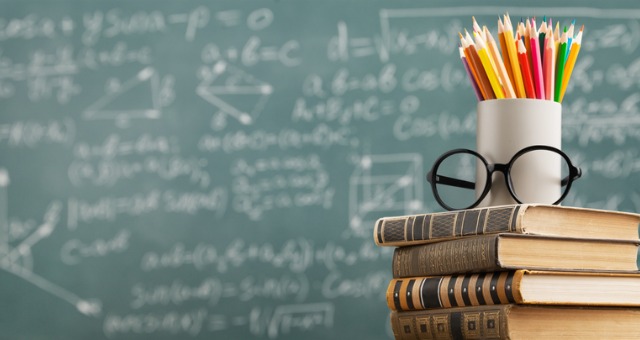Primary Science Tuition Singapore for Building Confidence in Science
Primary Science Tuition Singapore for Building Confidence in Science
Blog Article
Exploring the Various Mentor Methods in Main Science Education And Learning Today
The landscape of main scientific research education and learning is developing, with various mentor approaches gaining prominence in modern classrooms. Inquiry-based understanding, hands-on experiments, and the assimilation of innovation are redefining exactly how instructors engage young minds. Additionally, joint techniques and distinguished instruction are being employed to deal with the varied demands of trainees, improving both interaction and understanding. As we take a look at these methods, concerns emerge regarding their performance and the implications for future academic practices. What might these shifts in approach mean for the future generation of learners?
Inquiry-Based Learning
Inquiry-Based Understanding (IBL) is an instructional approach that urges trainees to discover scientific principles with wondering about, examination, and hands-on testing. This approach stresses the duty of students as active participants in their knowing, advertising vital reasoning and analytic skills. By involving with real-world concerns, trainees come to be interested and inspired, which enhances their understanding of clinical concepts.
In IBL, instructors work as facilitators, leading pupils as they navigate their queries instead of supplying details directly. This student-centered strategy enables distinction, suiting various learning designs and paces. Pupils create abilities in developing theories, creating experiments, and assessing data, which are important for clinical literacy.
Furthermore, IBL cultivates collaboration amongst students, urging them to share searchings for and concepts. This collective questions advertises social skills and a sense of area within the class. Additionally, the procedure of inquiry urges strength, as trainees learn to welcome failing as a stepping stone towards understanding.
Hands-On Experiments
Hands-on experiments are an important component of efficient science education, complementing the concepts of inquiry-based knowing. These experiments enable students to involve directly with clinical ideas, fostering a much deeper understanding via experiential learning. By manipulating materials and observing outcomes, young students can realize abstract theories in substantial ways.
Such activities promote crucial reasoning and problem-solving abilities, as pupils hypothesize outcomes, conduct experiments, and assess outcomes. This process urges them to ask concerns, refine their understanding, and develop a scientific attitude. Hands-on experiments can be customized to diverse learning styles, making sure that all trainees have the chance to engage meaningfully with the material.
Additionally, hands-on experiments often urge cooperation amongst peers, promoting teamwork and communication abilities. Functioning in teams enables trainees to share concepts, review findings, and pick up from one another, which improves their overall academic experience.
Including hands-on experiments into the primary scientific research educational program not just enhances the discovering setting however also grows a long-lasting interest in scientific research. By proactively participating in their education and learning, trainees are most likely to create an enthusiasm for scientific query that expands beyond the classroom.

Modern Technology Assimilation
Integrating technology right into key scientific research education has become progressively important in promoting trainee interaction and improving discovering end results. The usage of electronic devices, such as interactive simulations, virtual labs, and educational software application, gives students with opportunities to discover scientific concepts in cutting-edge means. These sources help with a deeper understanding of complex subjects by enabling learners to visualize and adjust variables that would be impractical in a typical classroom setting.
Moreover, modern technology integration encourages individualized learning experiences. Pupils can advance at this article their own pace, reviewing challenging concepts with multimedia resources, which satisfy different learning designs. This adaptability not only supports private development yet also cultivates a feeling of freedom in students.
Furthermore, technology works as a bridge to real-world science, attaching trainees with present study and professional payments. Access to online databases and clinical journals widens trainees' point of views on scientific query and cultivates essential believing abilities.
Collaborative Discovering
Collaborative understanding plays an essential role in key science education by promoting team effort and interaction skills amongst pupils. This technique urges learners to collaborate, share knowledge, and take part in analytic, which enhances their understanding of clinical principles. By getting involved in team activities, pupils learn to articulate their ideas, listen to diverse perspectives, and work out services, all of which are essential skills in both real-world and academic contexts.

Research study indicates that collective understanding can cause increased motivation and involvement in scientific research subjects, as students locate pleasure in common experiences (primary science tuition Singapore). Additionally, this method prepares trainees for future collaborative ventures, equipping them with the abilities web link necessary for reliable teamwork in college and expert environments. Ultimately, embracing joint learning in primary science education and learning can significantly enhance the knowing experience and advertise a deeper understanding of scientific questions
Differentiated Instruction

Differentiated direction can manifest in different ways, such as differing the content, procedures, or items of discovering. As an example, teachers might use tiered jobs that provide varying levels of complexity, permitting students to operate at their particular readiness levels. Furthermore, adaptable grouping approaches can help with collaboration amongst trainees with various capacities, cultivating peer knowing.
Assessment plays an essential function in this approach, as it notifies direction and assists educators understand each trainee's special demands. Formative evaluations, such as tests and observations, can lead instructors in adjusting their techniques to enhance discovering outcomes. primary science tuition Singapore. Inevitably, by implementing separated instruction in key science education and learning, instructors can cultivate a more reliable and fair understanding atmosphere, equipping all trainees to reach their full possibility in recognizing scientific sensations
Conclusion
In summary, the varied training techniques in main science education and learning, consisting of inquiry-based learning, hands-on experiments, modern technology combination, joint discovering, and separated guideline, jointly add to an extra effective learning environment. These methods advertise vital reasoning, problem-solving skills, and a much deeper understanding of clinical principles. By implementing these approaches, teachers can create encouraging and interesting class that deal with the different needs of pupils, ultimately fostering a lifelong passion in scientific research and improving academic accomplishment.
Inquiry-Based Understanding (IBL) is an instructional technique that motivates students to check out clinical concepts through questioning, examination, and hands-on trial and error.Collective understanding plays an important duty in main science education by promoting synergy and communication skills amongst pupils.Research shows that collaborative discovering can lead to enhanced inspiration and interaction in science topics, as students discover enjoyment in shared experiences.In cultivating a comprehensive discovering environment, separated instruction arises as a key strategy to accommodate the varied requirements and capacities of pupils in main science education and learning. Eventually, by carrying out differentiated guideline in main scientific research education and learning, educators can grow an extra reliable and fair learning setting, empowering all trainees to reach their complete possibility in recognizing clinical phenomena.
Report this page